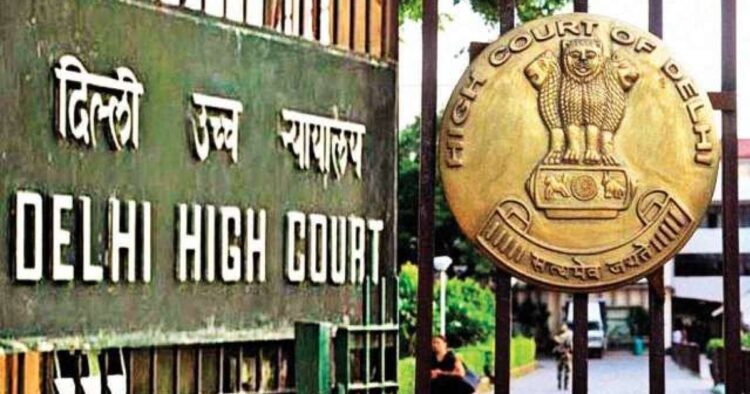Kunwar Mahendra Dhwaj Pratap Singh filed a petition seeking compensation from the government for the acquisition of areas in Agra, Meerut, Delhi, Gurgaon, and Uttarakhand, claiming them to be under his family’s territory.
The Delhi High Court dismissed Singh’s plea, calling it an abuse of legal process and a waste of judicial time. The court imposed a Rs10,000 fine on Singh, ordering him to deposit it in the Armed Forces Battle Casualties Welfare Fund within four weeks.
The court found Singh’s petition to be misconceived, stating that the evidence provided, including maps and historical accounts, did not prove the existence of his family’s rights over the mentioned territories. The court emphasized that the issues raised were factual and should be addressed in a proper legal suit with appropriate evidence.
Singh claimed to be the successor of the Beswan family, asserting property rights over a princely state called Beswan Avibhajya Rajya. He argued that the British government’s actions in 1923 and 1960 supported his claims, stating that the Beswan family’s status as a princely state remained.
Singh referred to events in 1900, involving a dispute between two brothers in the Beswan family, and the shift of the British capital to Delhi in 1911. He highlighted a Sanad dated September 7, 1924, as significant. Singh argued that despite the political integration in 1947-48, his family’s principality retained independence without signing any accession agreement with the Indian government.
Singh contended that the central and state governments had encroached upon his family’s rights without following due process, alleging that despite complaints, no corrective action had been taken.
In summary, the court dismissed Singh’s petition, emphasizing the need for proper legal proceedings to establish his claims with sufficient evidence.

















Comments